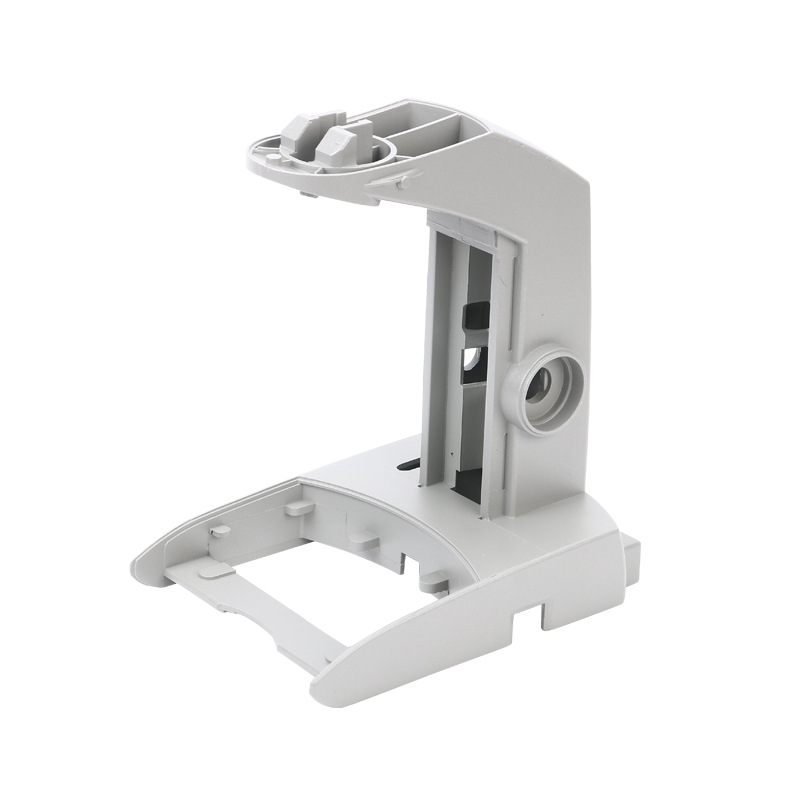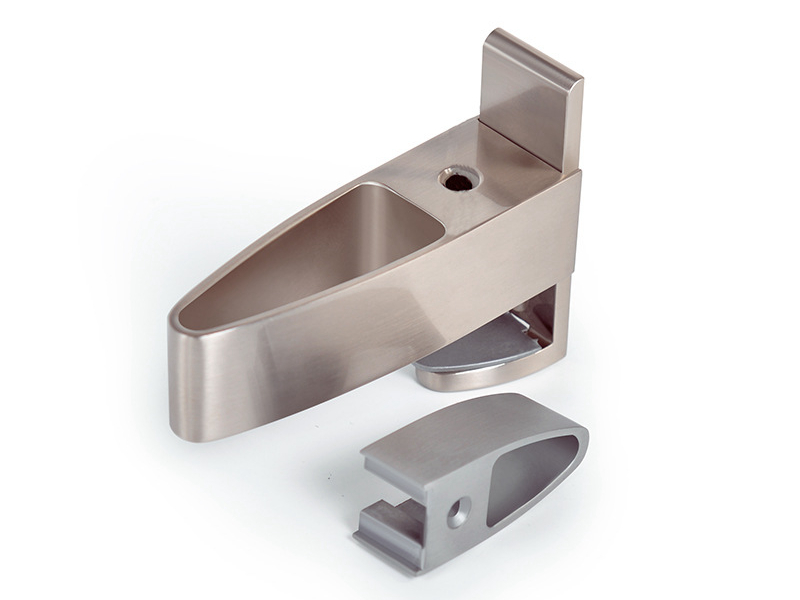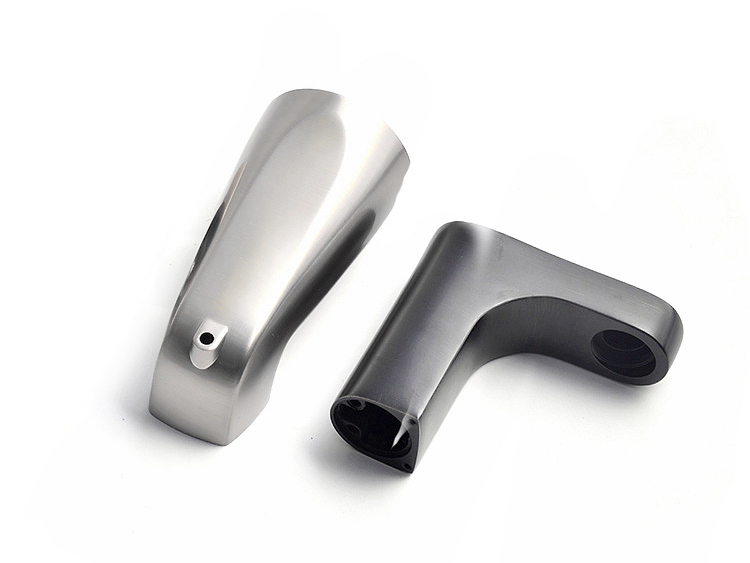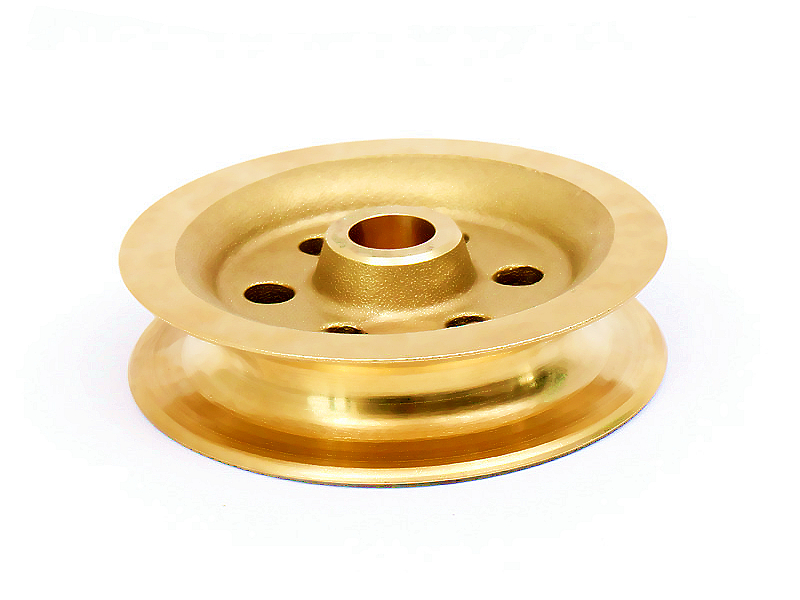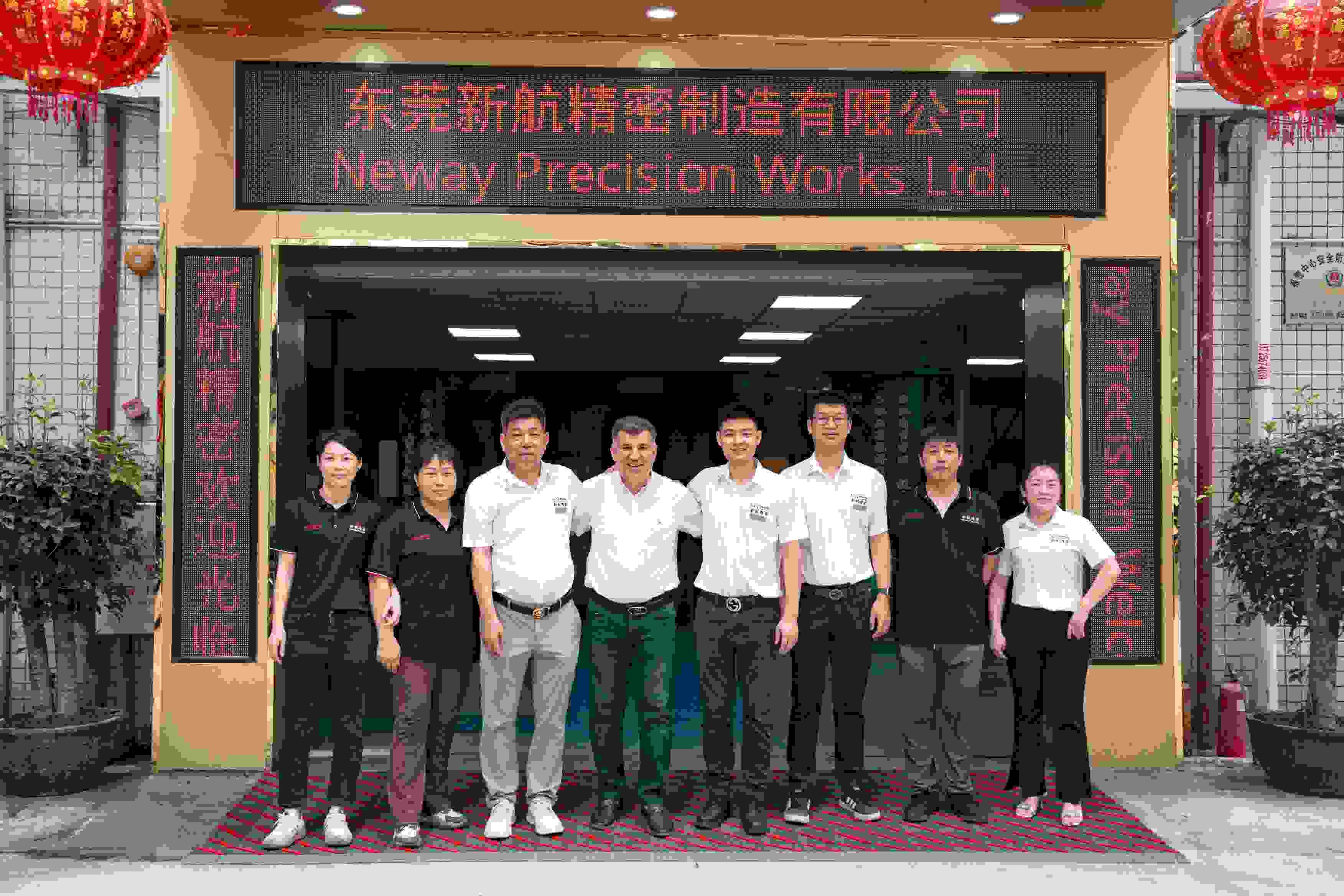High-Precision Medical Components: Advancing Health Care with Die Casting Technology
In modern health care, the reliability, safety, and accuracy of medical devices and equipment are paramount. As these systems become increasingly compact, multi-functional, and integrated, manufacturers face higher demands for precision, biocompatibility, and repeatability. Die casting has emerged as a critical manufacturing process for producing high-precision medical components that meet strict regulatory and performance standards.
At Neway, we provide medical-grade die-casting solutions for clients developing surgical tools, diagnostic equipment, imaging systems, and portable healthcare devices. This article outlines how die casting enables innovation in medical manufacturing, the materials best suited for medical applications, and how process control ensures consistent performance and safety.
The Role of Die Casting in Medical Manufacturing
Die casting supports the mass production of complex, durable, and miniaturized metal parts with excellent dimensional accuracy. It allows for tight tolerances and superior surface finishes, enabling the manufacture of components used in life-critical devices.
Key Advantages
Near-net-shape production of parts with minimal machining
Tolerances as tight as ±0.02 mm for small, intricate features
Excellent repeatability for multi-cavity tools
Support for biocompatible and corrosion-resistant alloys
Compatibility with EMI shielding and surface sterilization requirements
Medical Applications of Die Cast Components
Die casting is used in various medical applications where part integrity and mechanical stability are essential. Typical use cases include:
Application Area | Example Components | Key Requirements |
|---|---|---|
Diagnostic Equipment | Enclosures for MRI, CT, and X-ray systems | Dimensional stability, EMI shielding, heat dissipation |
Surgical Tools | Handles, brackets, actuators | Corrosion resistance, tactile precision, cleanliness |
Mobility & Assistive | Motor housings, frame joints | Lightweight strength, surface finish, wear resistance |
Dental Devices | Control casings, scanner housings | Compact form factor, detail accuracy, polishability |
Portable Devices | Ultrasound housings, pump modules | Lightweight, shock resistance, tight tolerance |
Why Die Casting Works for Medical Devices
Dimensional Accuracy
Medical components often require tolerances tighter than ±0.05 mm. Die casting meets this need for both macro-scale and micro-scale features, ensuring proper fit for mating assemblies and ergonomic operation.
Smooth Surface Finish
Instruments and housings in patient-contact or sterile environments require low surface roughness. Die castings can achieve Ra values of 1.6 to 3.2 µm, and even smoother finishes with secondary post-processing like tumbling and polishing.
Reduced Weight with Structural Integrity
Alloys like AlSi12 have densities as low as 2.66 g/cm³ while still offering tensile strength above 250 MPa, making them ideal for handheld and mobile medical equipment.
Commonly Used Die Casting Materials in Medical Applications
Material | Density (g/cm³) | Tensile Strength (MPa) | Key Features |
|---|---|---|---|
AlSi12 | 2.66 | 250–280 | Lightweight, corrosion resistant, good castability |
A380 | 2.74 | 317 | Excellent dimensional stability, good strength |
Zamak 3 (Zinc) | 6.6 | 283 | Precision tolerances, smooth finish |
Brass 360 | 8.4 | 345 | Biocompatibility, durability, electrical conductivity |
When paired with the right surface treatments and sterilization-compatible coatings, these materials meet stringent ASTM and ISO requirements for medical manufacturing.
Surface Treatments and Finishes
Medical-grade components must endure frequent sterilization, wear from handling, and exposure to bodily fluids or chemicals. Neway offers a variety of surface treatment options tailored to the medical industry:
Anodizing: Non-toxic oxide layer for corrosion resistance and biocompatibility
Powder Coating: Durable surface for non-slip grip and chemical resistance
Painting: Custom colors with FDA-approved coatings for device branding
Chromate conversion: Low-resistance protective finish suitable for electronics
Quality Assurance and Regulatory Compliance
Medical devices must comply with international standards such as ISO 13485, IEC 60601, and FDA regulations. At Neway, our quality system is built around traceability, precision, and documentation:
Full first article inspection (FAI) and PPAP documentation
Statistical Process Control (SPC) during production
Non-destructive testing, including X-ray and dye penetrant
Cleanroom-compatible part handling (optional for sensitive products)
Certificate of Conformance and material traceability
Our die cast tools are designed to last for over 100,000 shots with high dimensional repeatability—ideal for long-term medical production runs.
Integration with Other Processes
Neway’s vertical integration allows seamless combination of die casting with secondary operations:
Post-machining: Threading, boring, and drilling to ±0.01 mm accuracy
Assembly: Component integration under ISO-controlled environments
Rapid prototyping: Pilot runs for form, fit, and functional testing
Tool and die development: Multi-cavity precision molds for high-volume production
Case Study Example
A medical equipment OEM needed 50,000+ housing units for a portable dialysis controller. The part required:
Dimensional flatness within 0.1 mm across a 150 mm surface
Chemical resistance to ethanol and sterilization solvents
Durable surface with a clean white finish for branding
Neway delivered a low-volume production solution using AlSi12 alloy, with powder coating and CNC finishing. The result: improved throughput, minimized reject rate (<1.5%), and reduced part cost by 28% compared to a machined alternative.
Why Medical Device Manufacturers Choose Neway
Neway offers a complete, medically focused die-casting service package:
Design for Manufacturability (DFM) for complex or miniaturized geometries
Expert material selection for biocompatibility, corrosion resistance, and sterilization compatibility
Full compliance with ISO 9001 and medical-grade documentation standards
End-to-end services from prototype to full mass production
Fast lead times and in-house tooling capabilities
Conclusion
Die casting revolutionizes medical manufacturing by offering high-volume production of reliable, precise, and lightweight components that meet modern clinical and regulatory standards. At Neway, we combine engineering expertise, medical industry compliance, and vertically integrated production to deliver cost-effective solutions for innovative health care technologies.
To request a quote or discuss your medical die-casting project, contact us today.
